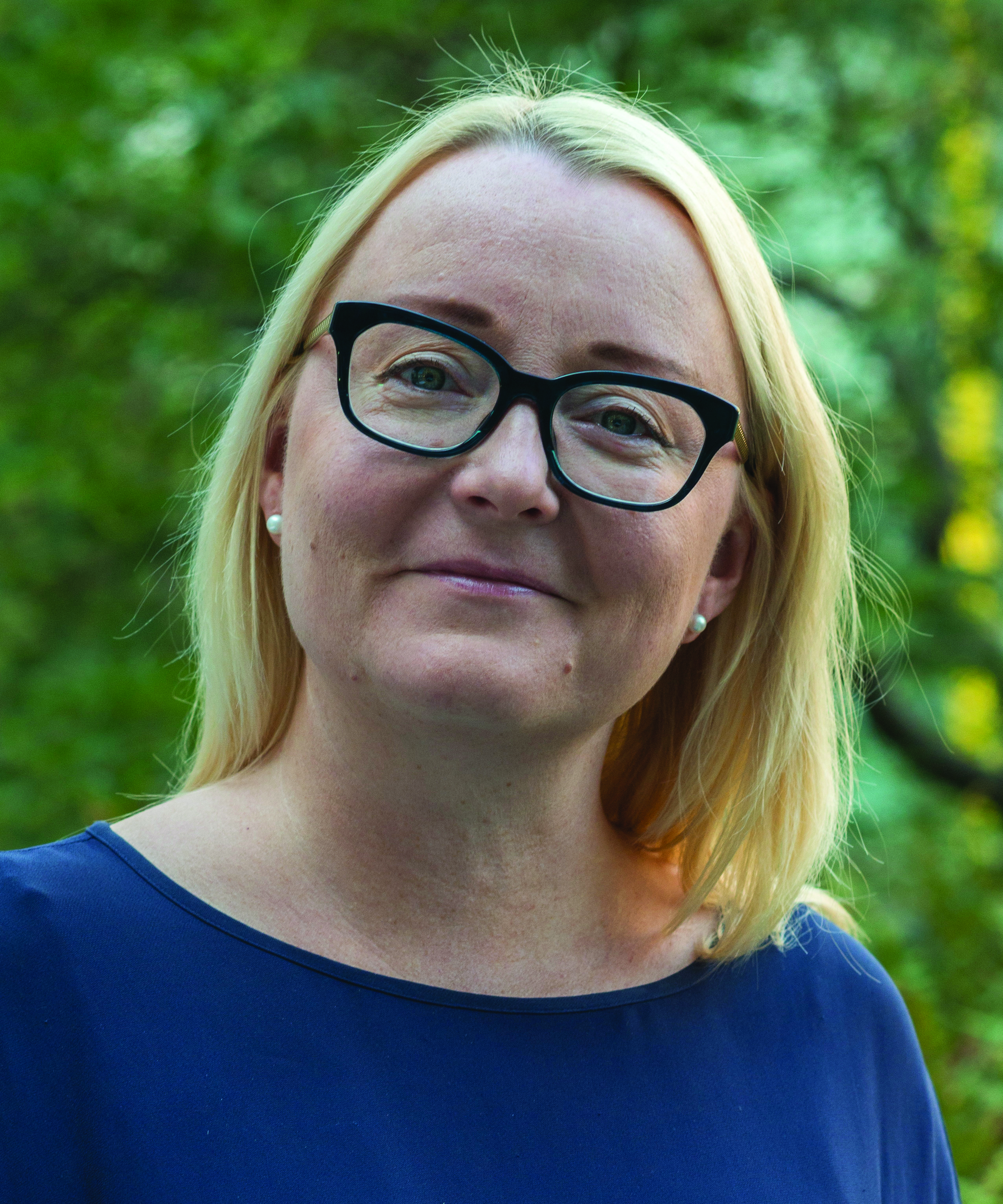Sustainable Development Goals seem to be everywhere, and of increasing interest to government auditors. I’ve recently conducted training programmes on the topic, for example, in the supreme audit institutions of Bhutan and Kuwait. But to fully understand the SDGs, you must look at the conceptual roots of sustainable development.
The goals are broad and global. Governments are key players in implementing them, but they cannot succeed by themselves. They need to involve all stakeholders. This is not possible without transparency and a participatory approach – core elements of good governance. This can help us focus on the multiple actors and networks that reach beyond government, with both horizontal and vertical links.
Horizontal perspective brings together not only various government sectors but also cooperation with citizens, NGOs and the business sector. Vertical links connect central government to global, regional and local actors, and can be very significant. Consider the varying climate policies of US federal government and the state of California.
The dynamics work in the other direction too. Seeking to achieve sustainable development can drive efforts to improve governance. One of the public sector governance issues concerns silos and the difficulties in making cross-sectoral links. Here, sustainable development can be a valuable tool. Sweden’s feminist foreign policy shows how it is possible to mainstream gender perspective into any policy area.
As another example, the European Court of Auditors’ review of energy and climate warned that climate change will affect EU citizens in many ways, including increased incidence of droughts and flooding, forest fires, effects on food production, damage to private and public infrastructure and demands for greater protection, changing health risks, impacts on employment, migration, etc.
Sustainable development is, by definition, concerned with the long term. Applying the sustainability concept can help public sector bodies focus on the future and on change. From a sustainable development perspective, next year or even the mid-term plan is simply not enough.
The International Organization of Supreme Audit Institutions has urged SAIs to audit the preparedness of governments to implement SDGs, conduct performance audits on individual SDGs, assess and support SDG 16 (peace, justice and strong institutions) and SDG 17 (partnerships for the goals), and act as role models of transparency and accountability.
Several SAIs around the world have published audits on preparedness. These have drawn attention to weak governance structures, missing national strategy or implementation plans, insufficient transparency or involvement of stakeholders, missing indicators, data or reporting, and a lack of financing. They have made recommendations on drafting national strategies, creating clearer governance structures, establishing a communication and engagement strategy, analysing how sector policies could contribute to the SDGs, and setting up monitoring and reporting systems. There is a big push on providing a cross-sectoral perspective but not, so far, on a long-term view.
Sustainability reports are one place where accountants and auditors can address this. In 2013, with the valuable support of CIPFA, an INTOSAI working group finalised a project on sustainability reporting, which calls for organisations to disclose sustainability information along with financial information rather than separately.
A crucial question for governments is how to match SDGs to the budget. The sustainable development discourse suggests that integrating sustainability information with budgets and financial reporting is the way to go.









